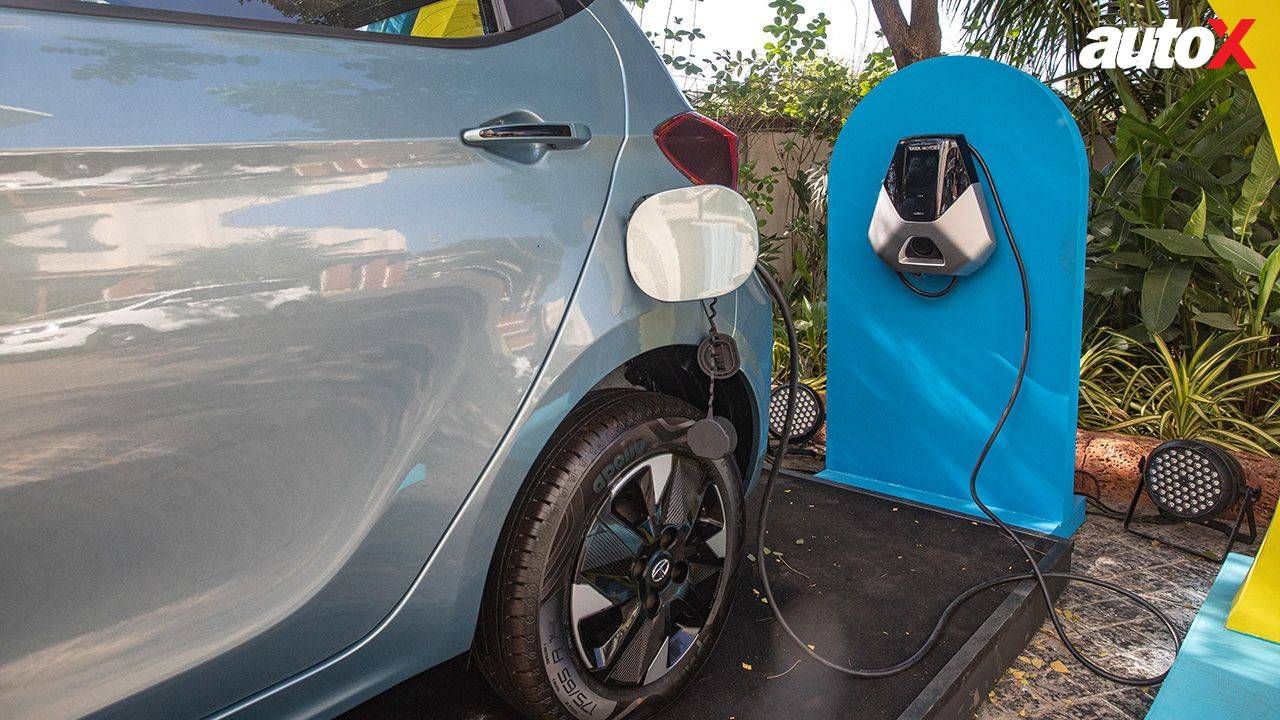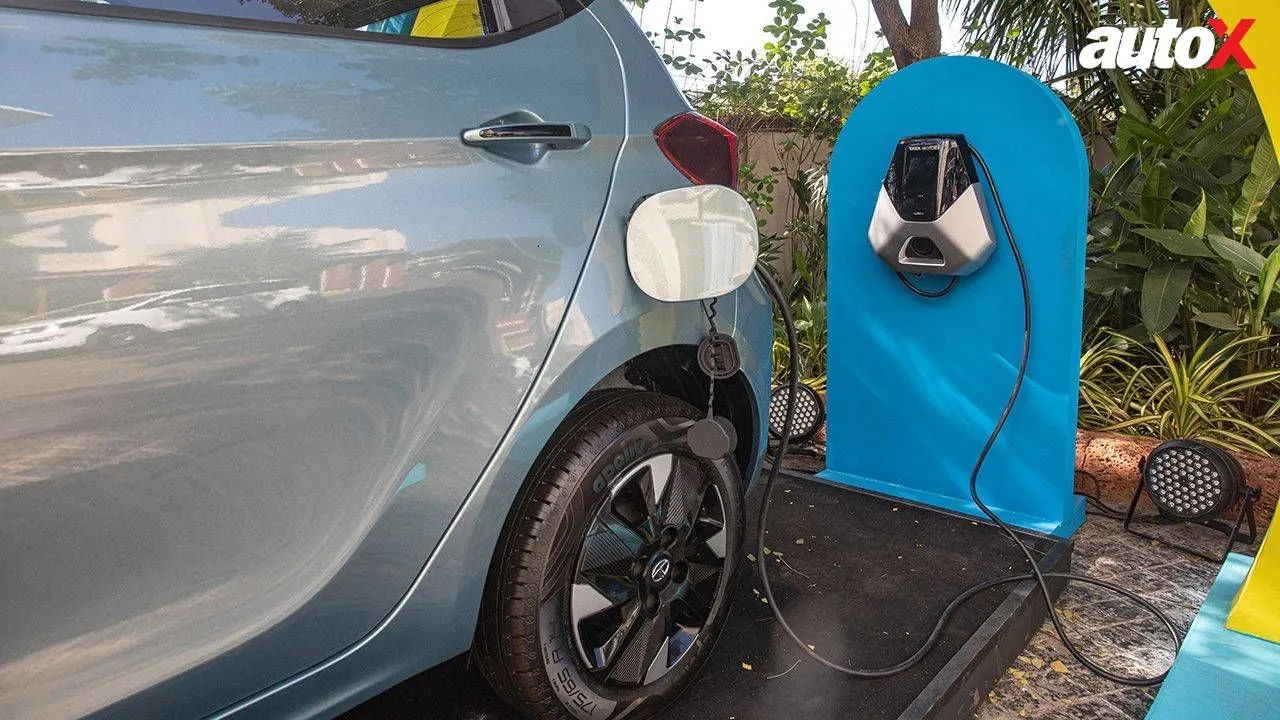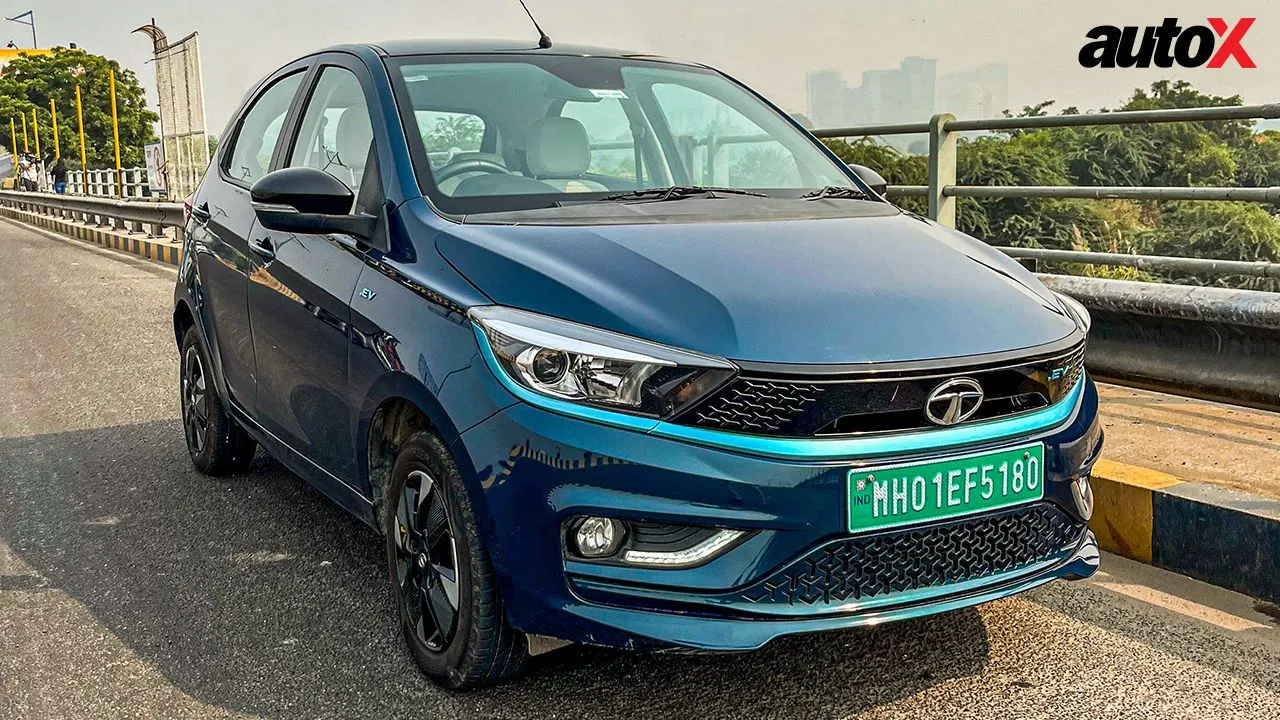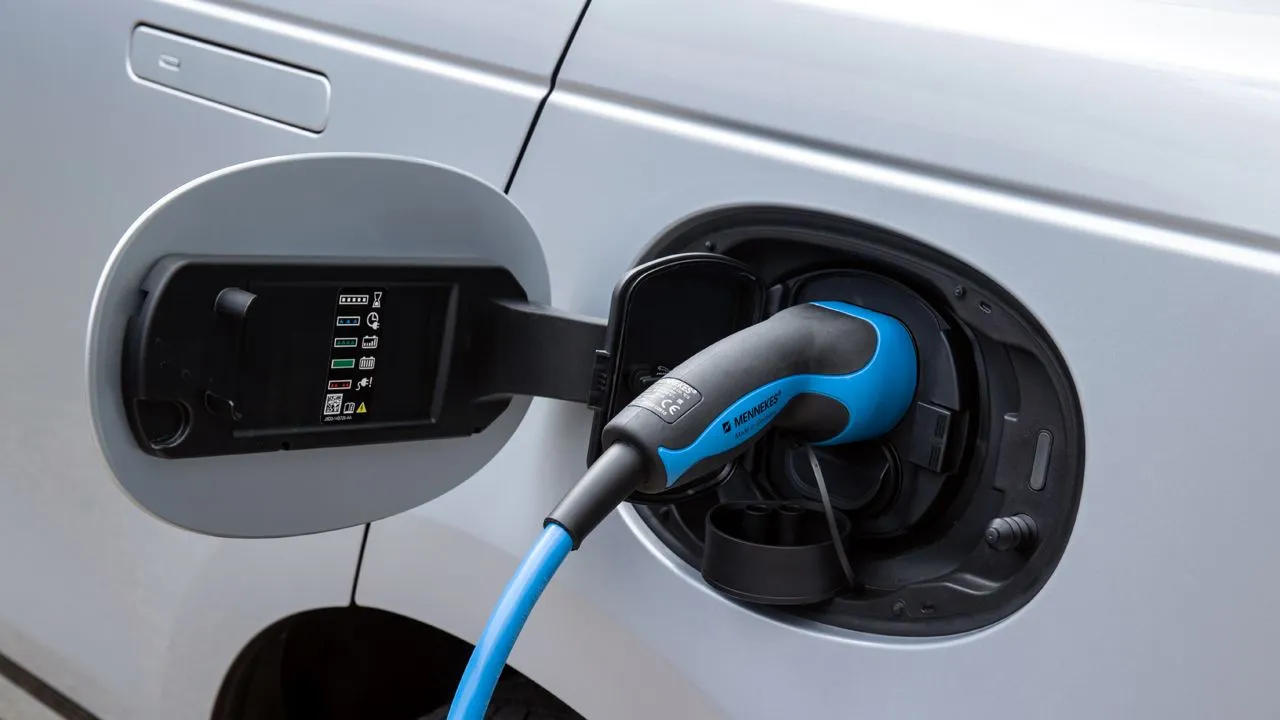Current Delhi EV Policy Extended till December 31; Here's All You Need to Know
The Delhi government has extended the current EV policy until December 31, 2021, or until the Delhi EV Policy 2.0 comes into effect. Let's take a look at the policy's key highlights.

Kailash Gahlot, Delhi's Minister of Transport, announced that the city's Electric Vehicles Policy has been extended till December 31, 2023. The Delhi EV policy, which had been in effect since August 2020, expired on August 8 of this year. As a result, all-electric vehicle registrations in Delhi were halted for two days. The decision to maintain the current electric vehicle policy was taken during a cabinet meeting headed by Chief Minister Arvind Kejriwal. The extension is valid till December 31, 2023, or until the official launch of Delhi EV Policy 2.0, whichever comes first. All of the incentives, including subsidies, offered to customers purchasing EVs under the plan continue to be available.
Delhi Cabinet led by CM @arvindkejriwal has given its approval to extend the existing Delhi Electric Vehicle Policy till 31.12.2023 or till notification of Delhi EV policy 2.0 whichever is earlier.
— Kailash Gahlot (@kgahlot) October 21, 2023
All incentives including subsidy under the existing policy shall continue.…
Also Read: BMW iX1 Electric SUV Launched in India: Check Price, Specs, Features and More
Delhi EV Policy: A Quick Glance
It is important to note that the government of the AAP (Aam Aadmi Party) implemented the Electric Vehicle Policy in an attempt to lessen air pollution in Delhi. The policy focused on decreasing vehicle emissions via two key improvements, such as a major switch from CNG to electricity for public buses and financial assistance to encourage people to transition to electric vehicles. The policy aims to have 25% of new vehicles registered in Delhi as electric by 2025.
Delhi EV Policy 2.0: What to Expect?
According to the Delhi Transport Minister's statement on his social media portal X (Formally known as Twitter), the revised policy on electric vehicles is nearing completion and will go into effect once the necessary clearances are secured. Though there are no official announcements on the policy, industry reports suggest that the upcoming updated electric car policy may encourage vehicle retrofitting.
Also Read: Top Electric Cars in India Under Rs 15 Lakh: MG Comet, Tata Nexon.ev and More
Given the substantial expense of vehicle retrofitting, the upcoming Delhi EV Policy 2.0 might look into providing incentives for this process. If this turns out to be true, it will promote the transition from traditional internal combustion engine vehicles to electric ones, which will reduce emissions. For prospective car owners who seek to transform their fossil fuel-powered vehicles into electric ones, expected government subsidies would make the expensive conversion procedure, both simpler and affordable.





Write your Comment on